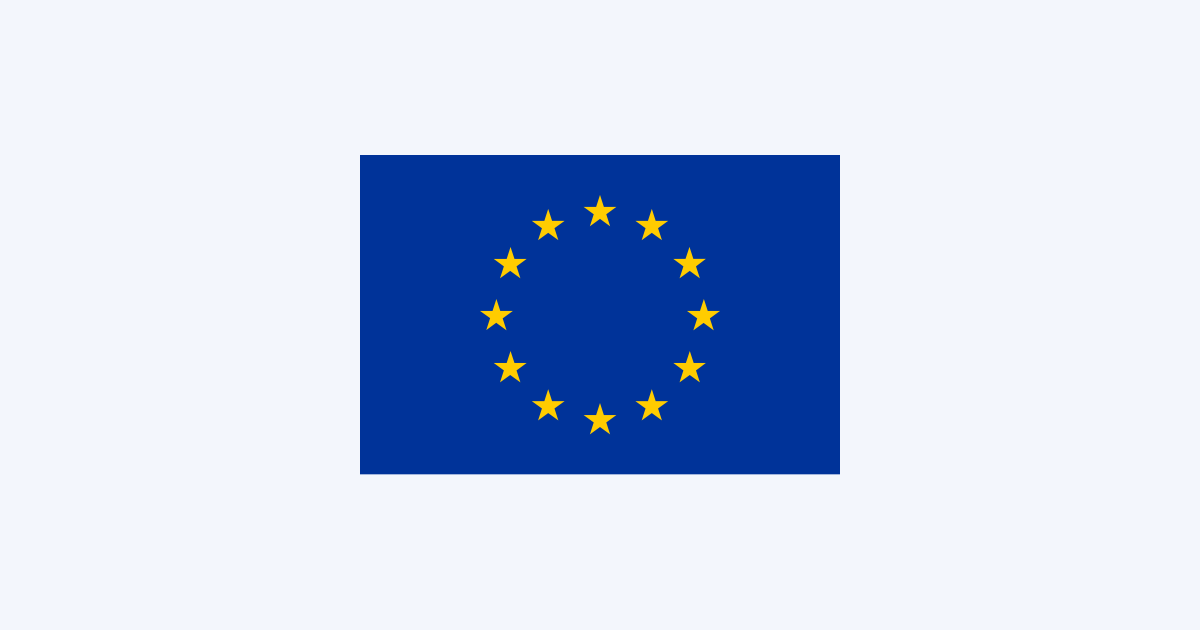Politics
ESMA consults on rules for external reviewers of European Green Bonds
The European Securities and Markets Authority (ESMA), the EU’s financial markets regulator and supervisor, has today published its Consultation Paper on the remaining Regulatory Technical Standards (RTS) for external reviewers under the European Green Bonds Regulation.
The RTS relate to the following aspects of the external reviewer regime:
- appropriateness, adequacy and effectiveness of systems, resources and procedures;
- authority, resources, expertise and access to relevant information of the compliance function;
- soundness of administrative and accounting procedures, internal control mechanisms and effectiveness of information systems controls;
- quality and reliability of sources of the information used for external reviews;
- information, form and content of applications for recognition; and
- notification of material changes in the information provided at registration.
ESMA considers that these technical standards will enhance the robustness and transparency of external reviews of European Green Bonds and in turn boost investors’ confidence that their capital is genuinely driving the green transition.
The first consultation on RTS for external reviewers under the European Green Bonds Regulation took place in 2024.
Next steps
ESMA will consider the feedback received to the consultation by 30 May 2025 and expects to publish a Final Report and submit the draft RTS to the European Commission for adoption by 21 December 2025 at the latest. The technical standards will also be subject to non-objection by the European Parliament and Council.
ESMA particularly encourages external reviewers operating during the transitional regime or intending to apply to become an ESMA-registered external reviewer of European Green Bonds to participate in the consultation.
Further information:
Dan Nacu-Manole
Communications Officer
[email protected]
Source link
Politics
EU will support raw materials projects outside the EU


© FRVS+MPCP 2022. The European Times® News is registered as an EU Trademark. All rights reserved. The European Times® and the logo of The European Times® are EU trademarks registered by FRVS+MPCP.
Members/Partners of

About Us
Popular Category
DISCLAIMER OPINIONS: The opinions of the authors or reproduced in the articles are the ones of those stating them and it is their own responsibility. Should you find any incorrections you can always contact the newsdesk to seek a correction or right of replay.
DISCLAIMER TRANSLATIONS: All articles in this site are published in English. The translated versions are done through an automated process known as neural translations. If in doubt, always refer to the original article. Thank you for understanding.
DISCLAIMER PHOTOS: We mostly used photos images that are readily available online, from free sources, or from the people promoting the news. If by any chance it happens that we have used one of your copyrighted photos, please do not hesitate to contact us and we will take it down without question. We do not make profits as this is a not for profit project to give voice to the voiceless while giving them a platform to be informed also of general news, and it is completely free.
Editor Picks
Politics
New EU plan to ensure water security and quality for all


© FRVS+MPCP 2022. The European Times® News is registered as an EU Trademark. All rights reserved. The European Times® and the logo of The European Times® are EU trademarks registered by FRVS+MPCP.
Members/Partners of

About Us
Popular Category
DISCLAIMER OPINIONS: The opinions of the authors or reproduced in the articles are the ones of those stating them and it is their own responsibility. Should you find any incorrections you can always contact the newsdesk to seek a correction or right of replay.
DISCLAIMER TRANSLATIONS: All articles in this site are published in English. The translated versions are done through an automated process known as neural translations. If in doubt, always refer to the original article. Thank you for understanding.
DISCLAIMER PHOTOS: We mostly used photos images that are readily available online, from free sources, or from the people promoting the news. If by any chance it happens that we have used one of your copyrighted photos, please do not hesitate to contact us and we will take it down without question. We do not make profits as this is a not for profit project to give voice to the voiceless while giving them a platform to be informed also of general news, and it is completely free.
Editor Picks
Politics
Statement by the High Representative on behalf of the European Union on the alignment of certain countries concerning restrictive measures in view of Russia’s destabilising activities

DISCLAIMER OPINIONS: The opinions of the authors or reproduced in the articles are the ones of those stating them and it is their own responsibility. Should you find any incorrections you can always contact the newsdesk to seek a correction or right of replay.
DISCLAIMER TRANSLATIONS: All articles in this site are published in English. The translated versions are done through an automated process known as neural translations. If in doubt, always refer to the original article. Thank you for understanding.
DISCLAIMER PHOTOS: We mostly used photos images that are readily available online, from free sources, or from the people promoting the news. If by any chance it happens that we have used one of your copyrighted photos, please do not hesitate to contact us and we will take it down without question. We do not make profits as this is a not for profit project to give voice to the voiceless while giving them a platform to be informed also of general news, and it is completely free.
-
EU & the World3 days ago
Aurora Borealis Forecast: Where & When to See the Northern Lights Tonight
-

 Sports5 days ago
Sports5 days agoChampions League Final 2024-2025: PSG-Inter, official lineups
-

 EU & the World4 days ago
EU & the World4 days agoRihanna’s Parents: About Her Late Dad Ronald Fenty & Mom Monica Braithwaite
-

 Sports6 days ago
Sports6 days agoPSG-Inter, Nicolò Barella jokes about Gianluigi Donnarumma
-

 EU & the World6 days ago
EU & the World6 days agoHailey Bieber’s Net Worth: How Much Money the Rhode Founder Makes
-

 EU & the World6 days ago
EU & the World6 days agoHow to Get the Sydney Sweeney Soap: About the Dr. Squatch Product
-

 Sports6 days ago
Sports6 days agoPSG-Inter, Lautaro Martinez unveils recipe for finals
-
Travel7 days ago
Facing a pilot shortage, Swiss cancels flights. Is this a sign of a wider European trend?








